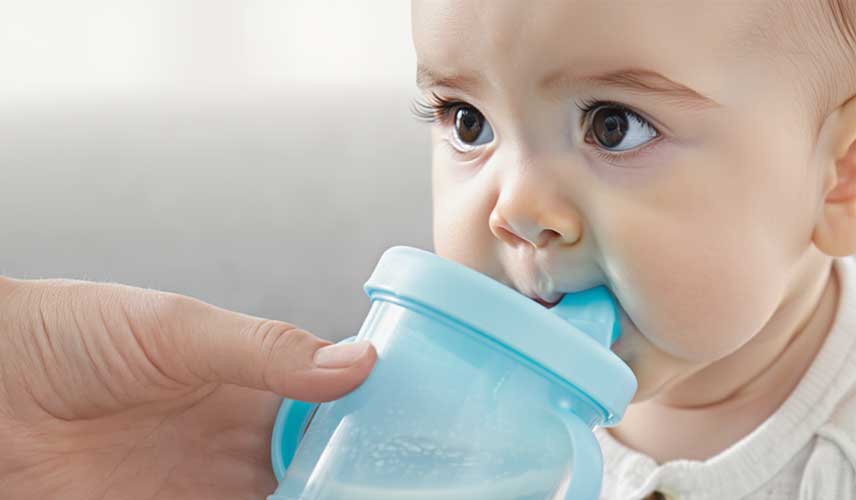
Causes of Obesity in Children

If a boy's total weight consists of more than 25% fat and a girl's total weight consists of more than 32% fat, it indicates obesity. Another criterion is the weight-height ratio; if this ratio is more than 120% of the ideal, a diagnosis of obesity can be made. It cannot be said that all overweight children will become obese adults, but the risk is higher compared to children who are not overweight.
Causes of obesity in children reveal that an underlying disease is a rare factor. The causes of obesity, which is a disease that develops due to many reasons, are mostly genetic and environmental factors. Children of overweight parents are more likely to be obese than those of non-overweight parents. According to research, genetic factors are responsible for 30-50% of obesity cases in children.
Reasons for obesity in children include a significant contribution from environmental factors, and children are exposed to these factors even in the womb. Children of women who are poorly nourished, diabetic or obese, and who gain a lot of weight during pregnancy are more prone to obesity. Children, especially at an early age, model and imitate their parents' behaviors. Therefore, parents' unhealthy eating habits and lack of exercise are also considered causes of obesity in children.
Family life and eating style play a serious role in childhood obesity. The functions of siblings, relatives, and friends also influence childhood activity and eating habits, and these habits tend to continue into adulthood. Mothers who believe that heavier babies are healthier, who start giving solid food before the recommended time because their baby eats little, and who reward with food increase the risk of their children becoming obese.
Programs that promote different eating patterns and messages through advertisements aimed at increasing appetite are also effective in this regard. Children growing up in difficult conditions and poor environments are at a higher risk of obesity. A sedentary lifestyle, which means a lifestyle with minimal physical activity, leads to high blood pressure, cholesterol problems, and weight gain. Excessive consumption of junk food and a focus on fast food significantly increase the risk of obesity. Stress, anxiety, and depression are not issues exclusive to adults; they are also seen in children and adolescents and can lead to weight gain. Children who do not receive enough attention and love from their families, who cannot express themselves adequately, and who experience problems in school and social life may resort to eating to solve these problems.
Child Health and Safety Other Content in the Category

Child Health and Safety
Newborn Care

Child Health and Safety
My Baby Refuses to Eat Solid Food

Child Health and Safety
Ways to Protect Children from the Coronavirus

Child Health and Safety
What to Do to Instill Brushing Habits in Children

Child Health and Safety
Child Safety: Medications Should Be Stored Out of Reach of Children

Child Health and Safety
10 Effective Tips for Child Health

Child Health and Safety
8 Factors That Cause Babies to Cry

Child Health and Safety
Down Syndrome Diagnosis Methods

Child Health and Safety
When Do Babies Crawl

Child Health and Safety
Information About Teething Period in Babies

Child Health and Safety
How Much Water Should Babies Drink?

Child Health and Safety
10 Things to Do for a Healthy Pregnancy

Child Health and Safety
10 Ways to Prevent Sugar Consumption in Children

Child Health and Safety
Frequently Asked Questions About Cancer and Chemotherapy

Child Health and Safety
